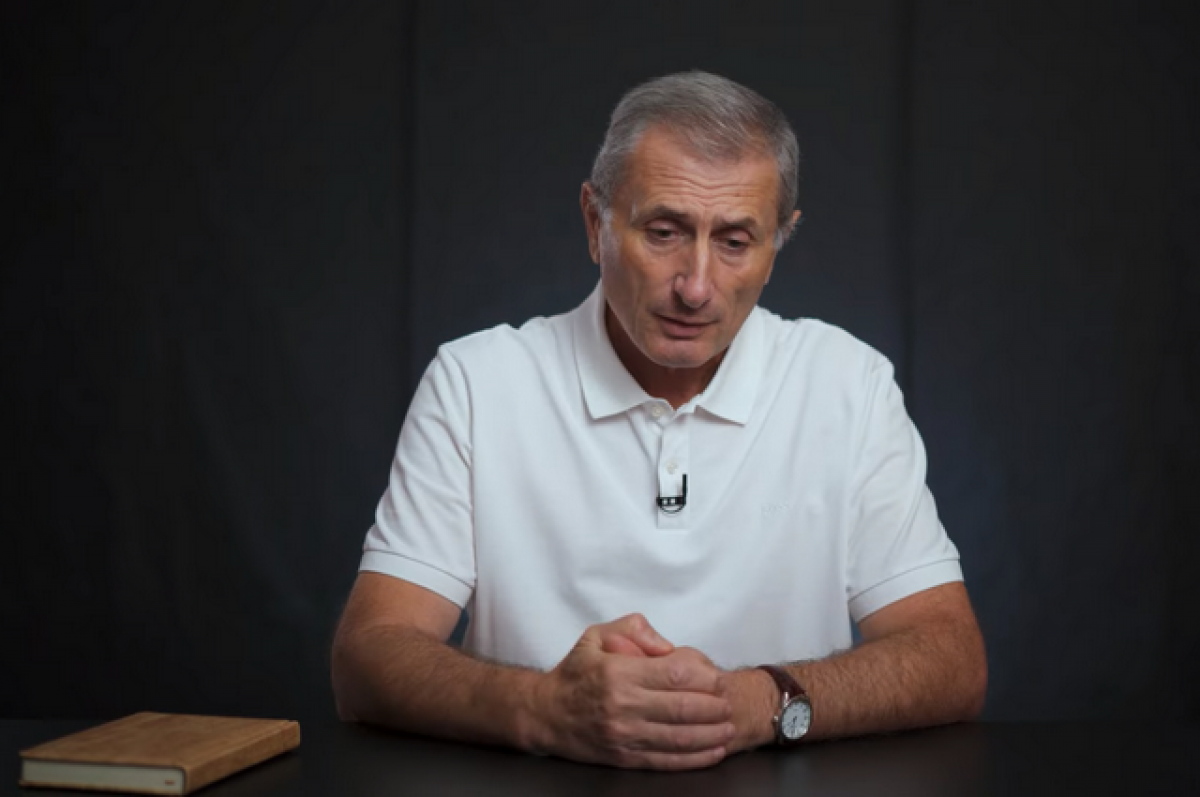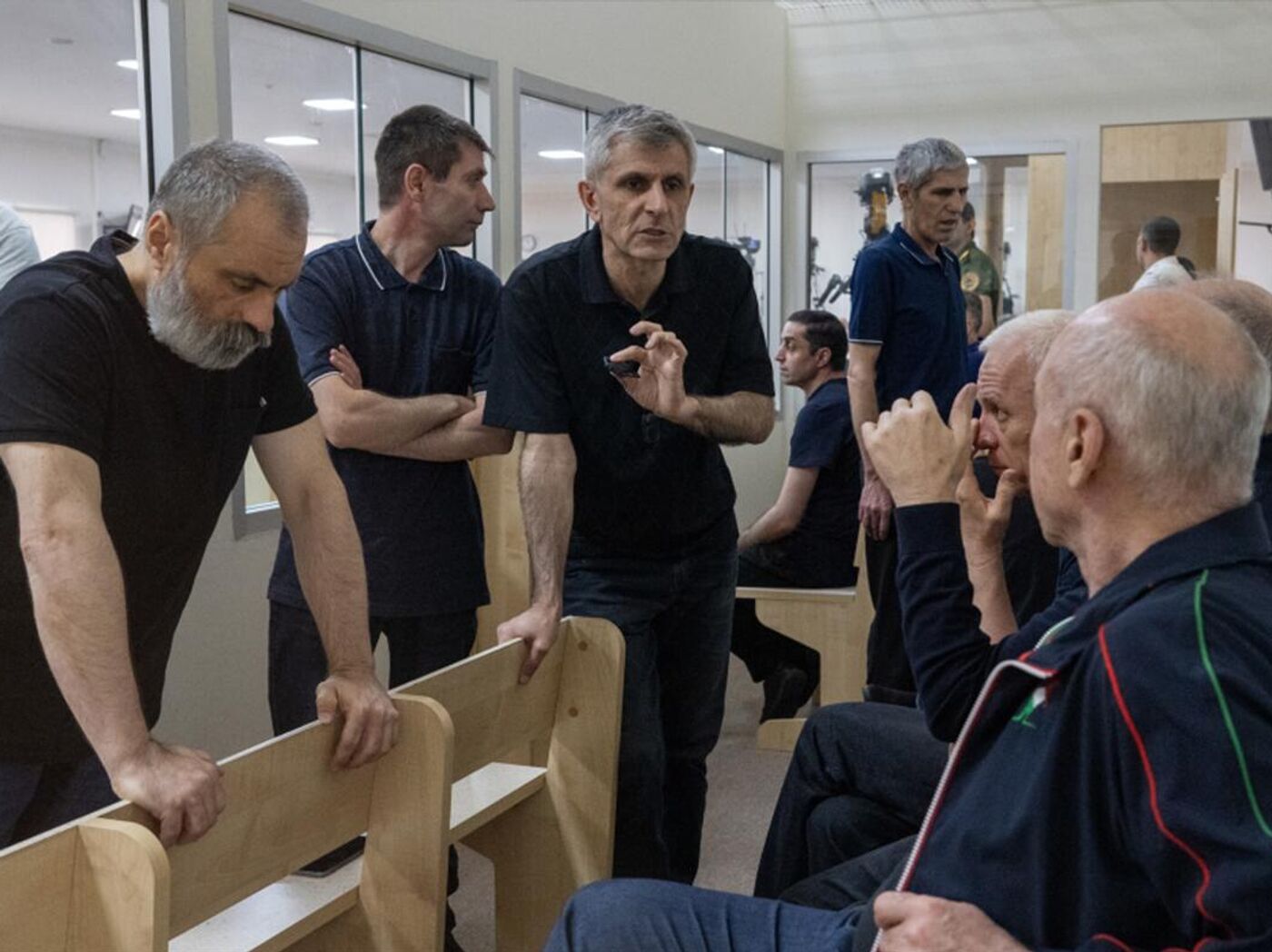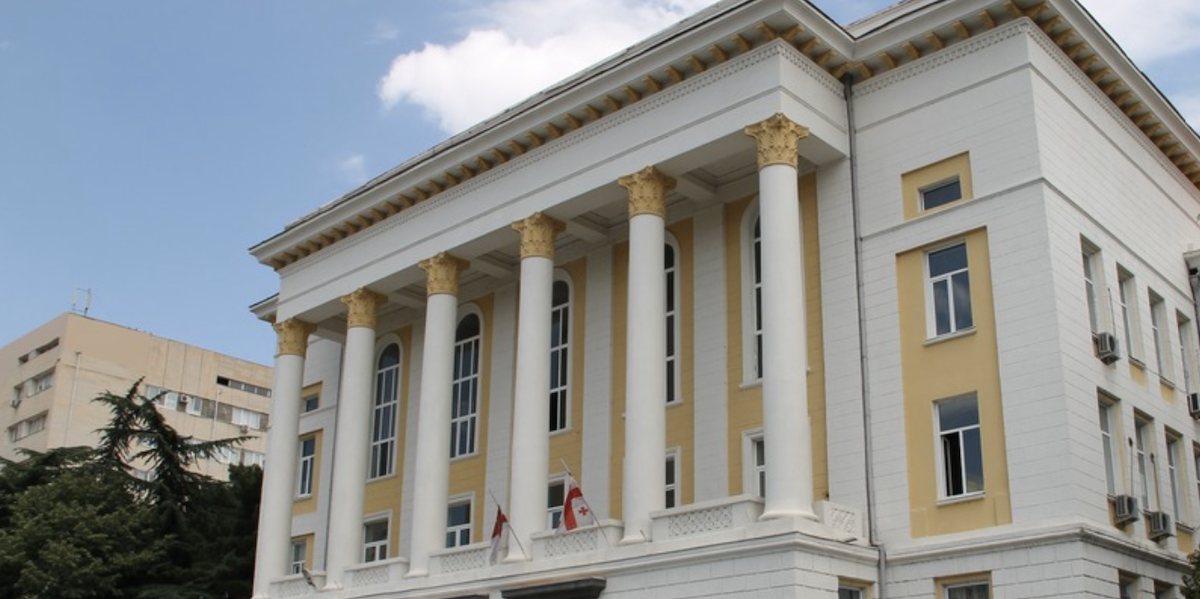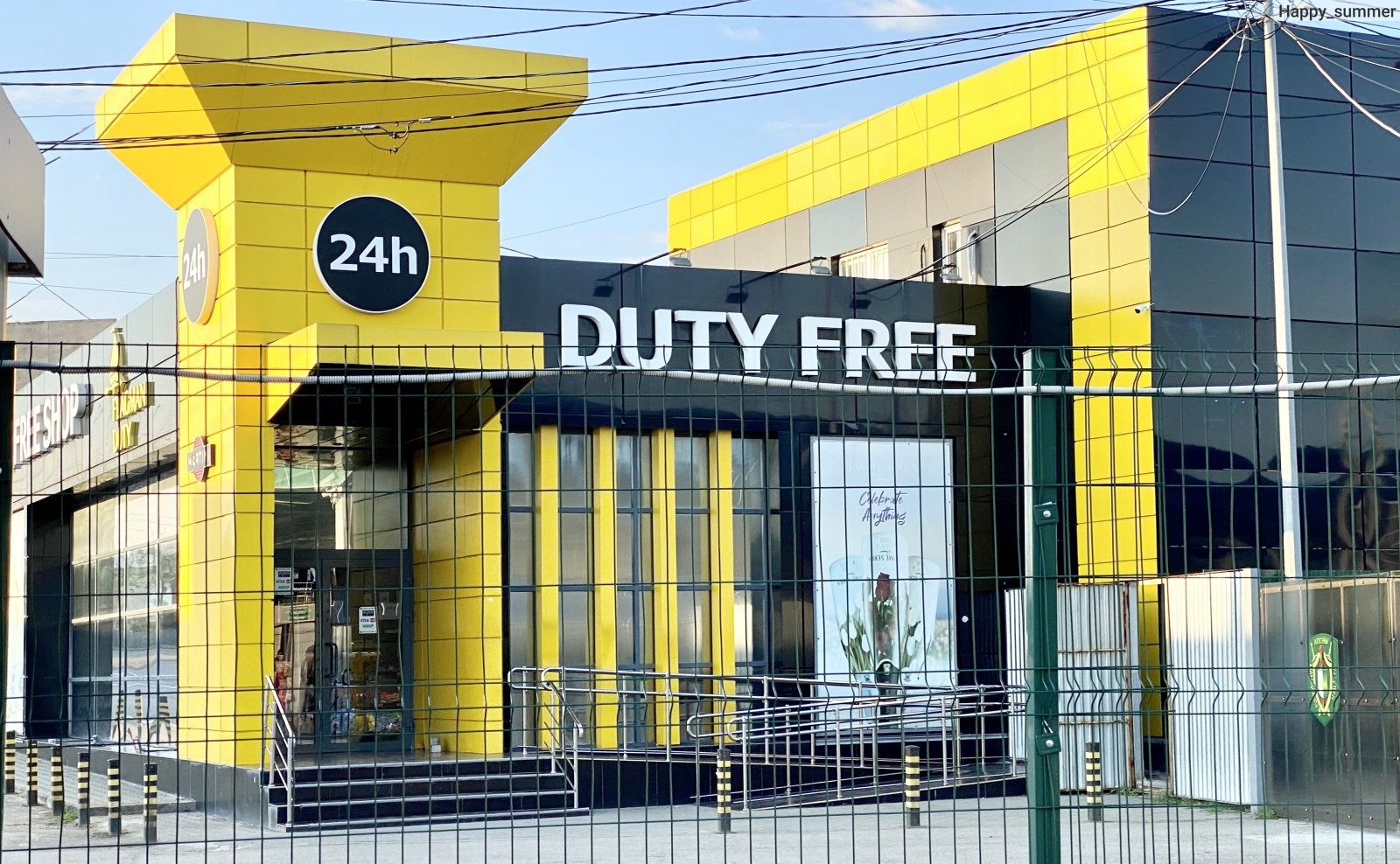Mzia Amaglobeli case, day 32: Lawyers to seek journalist’s release from custody
Mzia Amaglibeli’s lawyers demand her release
On 13 February, the lawyers of Georgian journalist Mzia Amaglobeli will file a motion to overturn her pretrial detention.
Amaglobeli, who was arrested on 12 January, has declared a hunger strike. However, her lawyers stress that their petition is based solely on legal grounds, not her protest. They argue that her detention is unjustified.
- International Press Institute calls for release of Georgian journalist Mzia Amaglobeli
- Over 300 journalists in Georgia call for Mzia Amaglobeli’s release
Mzia Amaglobeli is the founder and director of the online publications Batumelebi and Netgazeti. She was arrested for slapping the head of the city police, Irakli Dgebuadze, who had repeatedly insulted her. The charges against her carry a potential prison sentence of four to seven years.
She has been placed in pretrial detention for two months. The journalist has been on hunger strike since her arrest, now in its 32nd day. She has spent the past week in hospital, where, according to her doctor, “the risk of organ failure increases with each passing day.”
In letters from prison, Amaglobeli writes that her hunger strike is not a plea for leniency but a protest against injustice. Her lawyers emphasized this point during a special briefing on 12 February.
“There is not a single mention of the hunger strike in our petition. The appeal is based solely on legal arguments that her detention is unjustified,” said one of her lawyers, Maia Mtsariashvili.
According to her legal team, Mzia Amaglobeli is a political prisoner, as her prosecution meets the criteria set out in Resolution No. 1900(2012) of the Parliamentary Assembly of the Council of Europe.
The chair of the Young Lawyers’ Association, Nona Kurdovanidze, also argues that both the charges and the pretrial detention are unlawful::
This case meets all the criteria proving that it is politically motivated.
The lawyers’ demands:
- The court must grant the defense’s motion to revoke the pretrial detention measure imposed on Mzia Amaglobeli and release her from unlawful custody;
- The Georgian Prosecutor’s Office must immediately cease its unlawful prosecution of Mzia Amaglobeli;
- The Special Investigation Service must fulfill its obligations and properly investigate the mistreatment of Mzia Amaglobeli;
- The Prosecutor’s Office must grant Mzia Amaglobeli victim status;
- The Prosecutor’s Office must initiate criminal proceedings against police officers for the unlawful detention of Mzia Amaglobeli and the unlawful administrative case against her, as well as against Batumi Police Chief Irakli Dgebuadze and all Interior Ministry officials involved in the unlawful administrative detentions and proceedings against participants of the January 11–12 protest in Batumi.
What happens next?
According to Batumelebi, the court is required to review the admissibility of the motion and issue a ruling within 24 hours of its registration.
If the court deems the motion admissible, it must then consider lifting Mzia Amaglobeli’s pretrial detention within the next 24 hours.
Amaglobeli herself must be present at the hearing. However, whether she attends in person or remotely depends on her health condition.
Another lawyer, Giorgi Khimshiashvili, argues that there are no legal grounds for the judge to refuse to review the motion. He emphasizes that the new legal circumstances presented in the motion are backed by relevant evidence.
The lawyer also notes that a month has passed since Amaglobeli’s detention, and the main investigative procedures have already been completed.
If the judge rejects the motion, the decision can be appealed.
What is known about Mzia Amaglobeli’s health condition?
Since 4 February, Mzia Amaglobeli has been transferred to the Vivamed clinic. She is on a dry hunger strike, consuming only water.
It is known that Amaglobeli requested to be returned to prison, but doctors persuaded her to remain in the clinic.
On 13 February, doctors reported that the journalist is struggling to move but has not yet lost consciousness.
“Prolonged fasting is a highly complex physiological process. Each day brings complications—burning carbohydrates, fats, and proteins, as well as depleting internal resources, which primarily leads to cardiovascular issues and organ dysfunction,” the doctors explained.
According to them, “each additional day, especially beyond 30 days, poses a very high risk of organ failure and other complications.”
Mzia Amaglibeli’s lawyers demand her release



















